Industry News
-

Effect of cryogenic treatment on the microstructure of cemented carbide
Different cryogenic processes cause changes in the properties of cemented carbide, and the changes in properties are closely related to the evolution of its microstructure. Therefore, it is necessary to further analyze the influence of cryogenic treatment on the microstructure of cemented carbide...Read more -
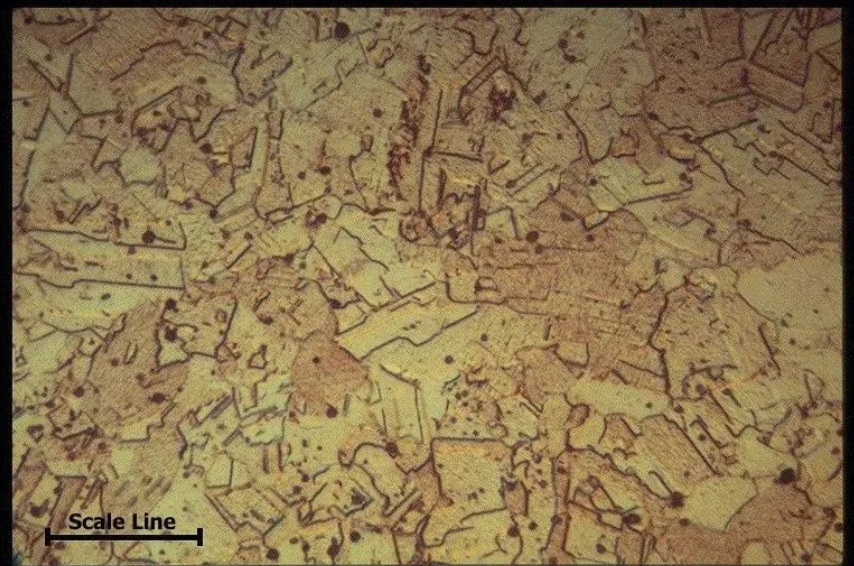
Effect of cryogenic treatment on eta phase
The eta phase is a tungsten-cobalt-carbon ternary compound formed by the participation of some Co atoms during the cooling process after sintering of cemented carbide. The dissolved W in Co cannot form WC. This provides the opportunity for cryogenic treatment to further promote the formation of t...Read more -
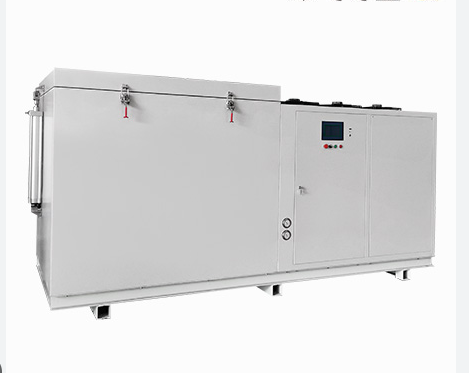
Effect of cryogenic treatment on wear resistance of cemented carbide Cemented carbide is an ideal material for wear-resistant parts.
Cemented carbide is an ideal material for wear-resistant parts. However, traditional cemented carbide products can no longer meet the increasingly stringent usage requirements. In recent years, the use of cryogenic treatment technology to make up for the shortcomings in wear resistance of traditi...Read more -

Effect of cryogenic treatment on mechanical properties of cemented carbide
The mechanical properties of cemented carbide are mainly reflected in hardness, flexural strength, compressive strength, impact toughness, fatigue strength, etc. Whether cryogenic treatment can improve the mechanical properties of cemented carbide is the most intuitive expression of the ef...Read more -
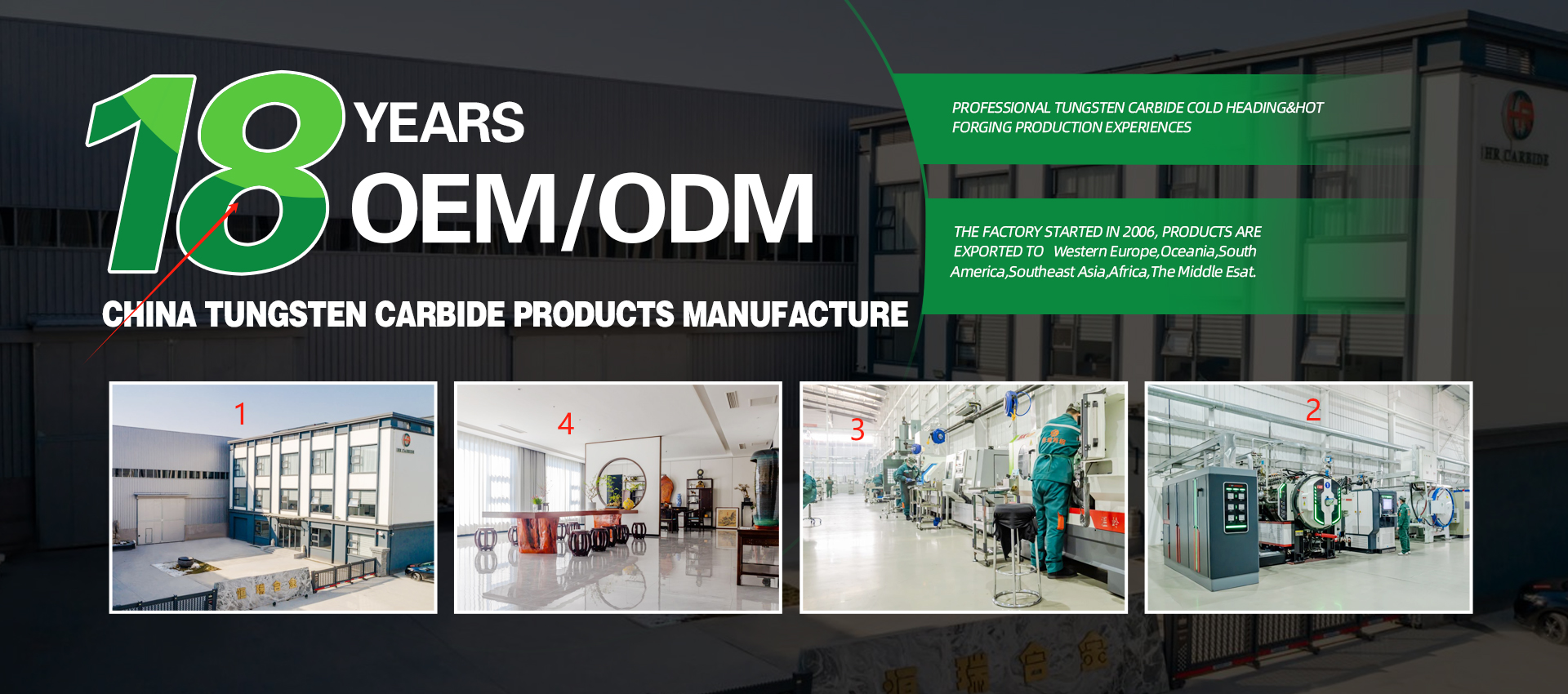
Development of cryogenic treatment of cemented carbide in China
Since the advent of cemented carbide in 1923, people have continuously optimized its properties mainly by improving its sintering process, preparing ultra-fine WC-Co composite powder, and surface strengthening. However, due to the problems of complex equipment, high preparation costs, and high te...Read more -
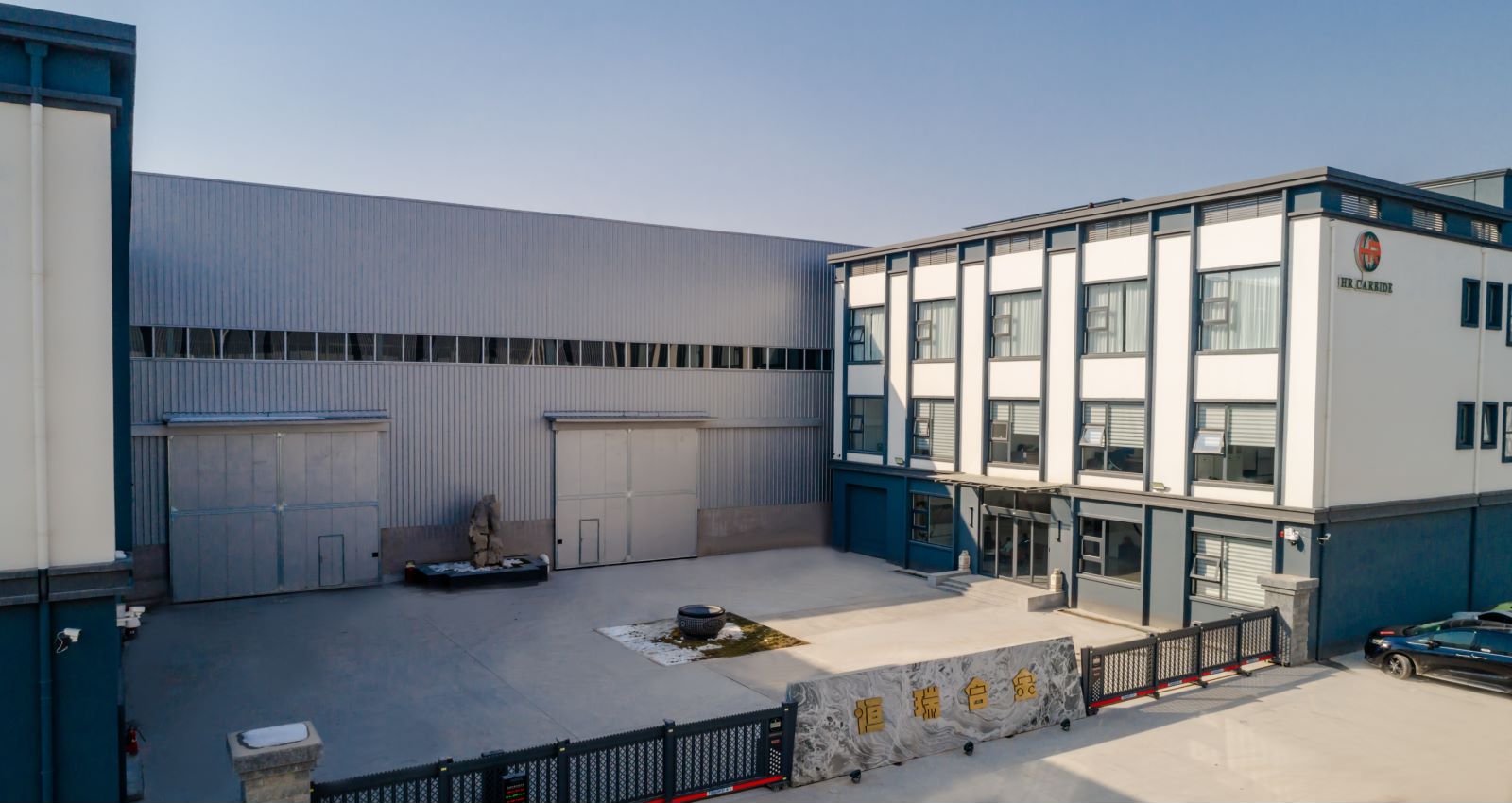
Carbide quenching and tempering process
Quenching process The purpose of quenching is to transform the matrix into martensite and obtain higher mechanical properties. Due to poor thermal conductivity, preheating is required. The hard phase carbides in steel-bonded cemented carbide prevent the growth of austenite grains. After the alloy...Read more -
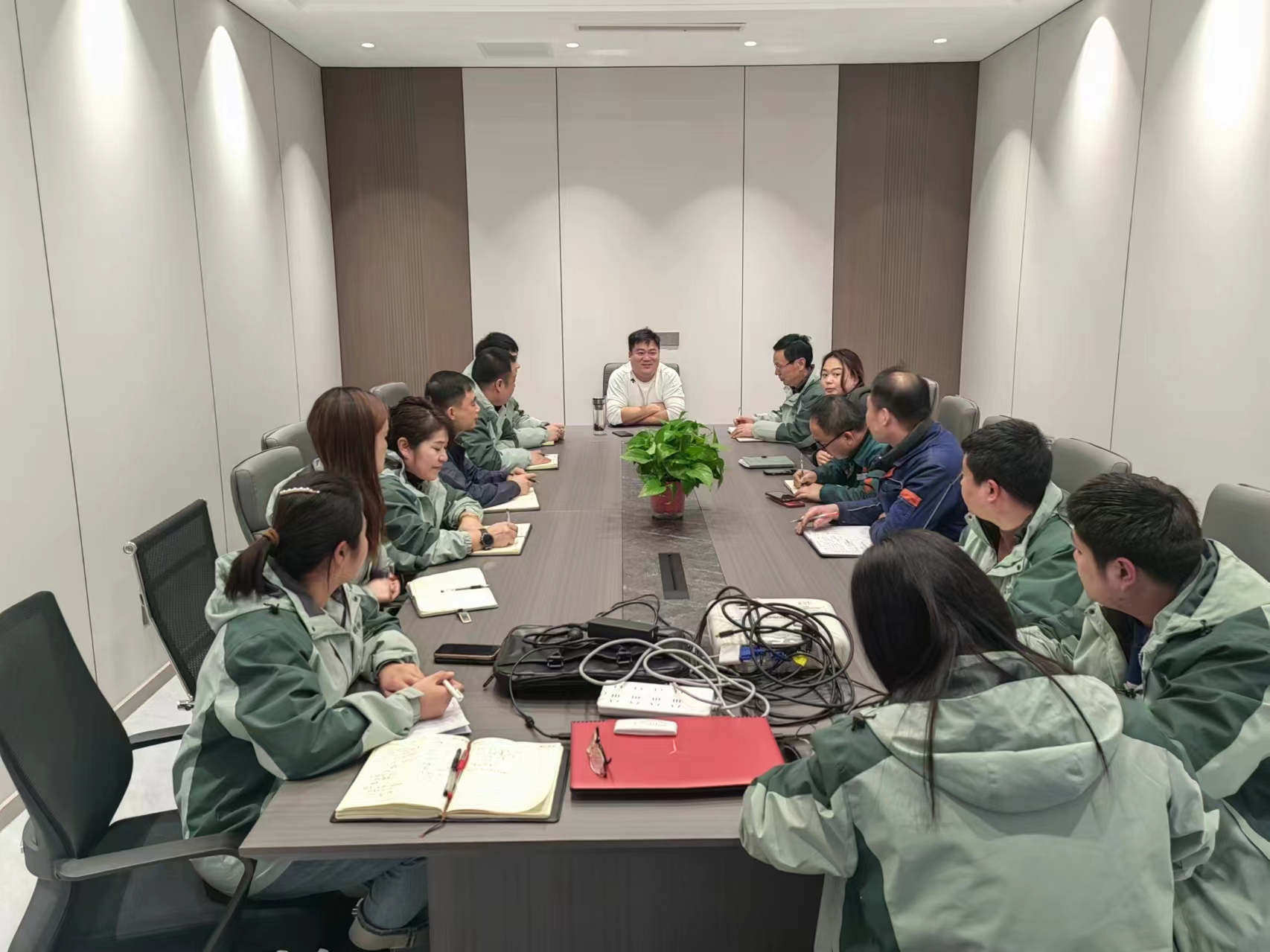
Hengrui Company Summary Meeting
This afternoon, all the cadres of Hengrui Cemented Carbide Co., Ltd. listened to General Manager Liu’s teachings in the conference room on the first floor of the second factory. Combined with the current situation of Hengrui Alloy Company, we review the development process, talk about gains...Read more -
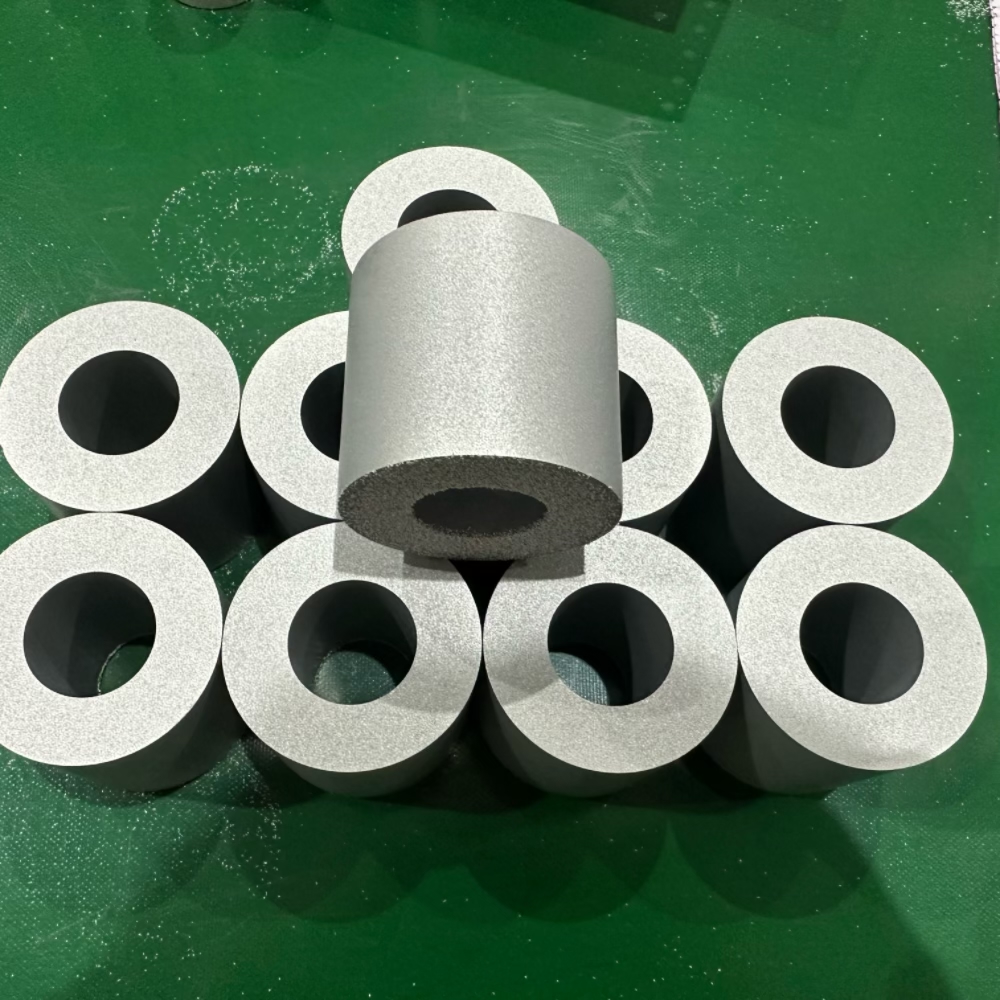
The role of tungsten carbide in cemented carbide composition
Tungsten carbide plays a vital role in the production of cemented carbide. Tungsten carbide is an important additive that can improve the hardness and wear resistance of alloys, giving them higher strength and durability. In the production of cemented carbide, tungsten carbide is usually mixed w...Read more -

What are the hardest metal alloys?
1. Titanium alloy Titanium is an important structural metal developed in the 1950s. Titanium alloys are widely used in various fields because of their high strength, good corrosion resistance, and high heat resistance. Many countries in the world have recognized the importance of titanium tungste...Read more -

Learn about YG20 grade
The chemical composition of YG20 includes steel’s carbon content of 20%, WC80% and Co20%. This material is suitable for large-volume production of carbide molds such as cold punching dies, cold heading dies, and cold extrusion dies. In addition, YG20 can also be used in concave dies that r...Read more -

How to choose YG series cemented carbide
YG6YG8YG11YG15 both belong to the tungsten-cobalt carbide type, with a hardness of up to 85HRA. It has high strength, good impact resistance, toughness, and high wear resistance. It is a commonly used material in the tool industry. (Follow me for more special materials) Commonly used sizes includ...Read more -

YG20 Tungsten Carbide
YG20 is a kind of cemented carbide, specifically tungsten carbide. It does not undergo heat treatment, has uniform internal and external hardness, and is suitable for mass production. YG20 is suitable for making stamping molds, such as stamping watch parts, musical instrument spring sheets, etc.,...Read more









